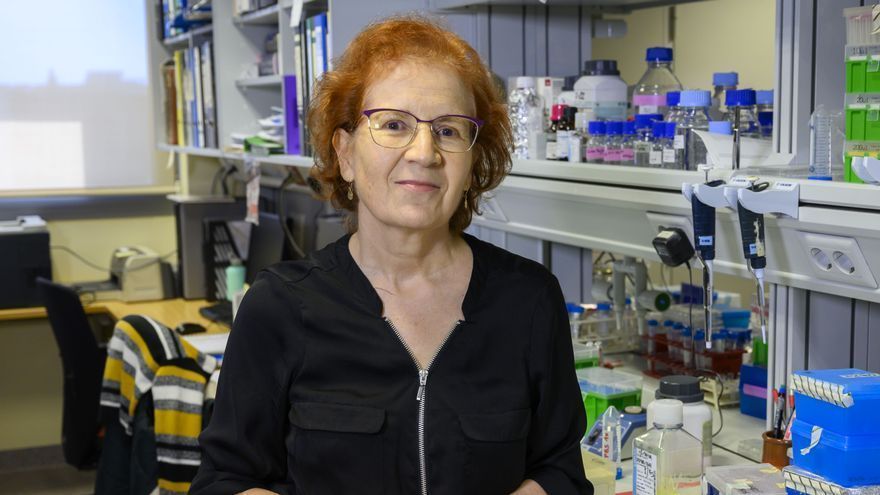One of Spain’s leading virologists, Margarita del Val, from the Higher Council for Scientific Research (CSIC), has warned that although we are probably in one of the “best moments” of the pandemic, it is necessary to “concentrate efforts” on risk situations, and predicts that in January and February of next year, with the flu season and other respiratory diseases, “the coronavirus will surely come back”.
Del Val, who, together with fellow CSIC scientist Iñaki Comas, coordinates the annual meeting that the Global Health Platform of the Higher Council for Scientific Research will hold in the city of Valencia on October 5 and 6, where advances in covid-19, monkeypox and West Nile virus will be addressed.
The CSIC researcher also points out that during the summer there have been “many more” deaths from coronavirus than last year, despite the fact that the impression is that there have been fewer infections, although a change in reporting is affecting the figures, because only those over 60 have been counted, “and not even some from them”.
“We have really socially abdicated in following the virus”, she indicates to insist on the need to concentrate efforts in risk situations, such as poorly ventilated interiors with many people, “ventilating, wearing masks and avoiding being there for a long time”, and especially protecting people at special risk.
Asked about the situation of the pandemic in autumn and winter, she highlights that a “positive thing” is that the omicron variant “is the one that has been with us the longest, which means that no other has emerged capable of displacing it”.
Omicron has been three times milder than the delta variant and has been well controlled with vaccines, but the negative part is that “it has infected so many people that it has dismantled the ability to diagnose everyone and public primary care”.
Although in summer, when there are many more outdoor activities, “we are safer”, she points out that “we have to prepare for winter, when we will surely have the typical seasonal habits of risky behaviour in poorly ventilated interiors and with many people together”.
“Then, in January and February, we have the flu season and other respiratory diseases and there the coronavirus will surely come back stronger than before. How strong? We don’t know, but in summer there has been much more mortality from covid-19 than last year,” she says.
Del Val encourages vaccine uptake, especially in those who have not had their dose, or the booster, which only 54.7% (data as of the last update on 9 September) of the population have done, despite 92.8% having received two doses. The effectiveness of the vaccine wanes over time, and whilst the health department is in the process of arranging the fourth dose, the third is more important for many.





